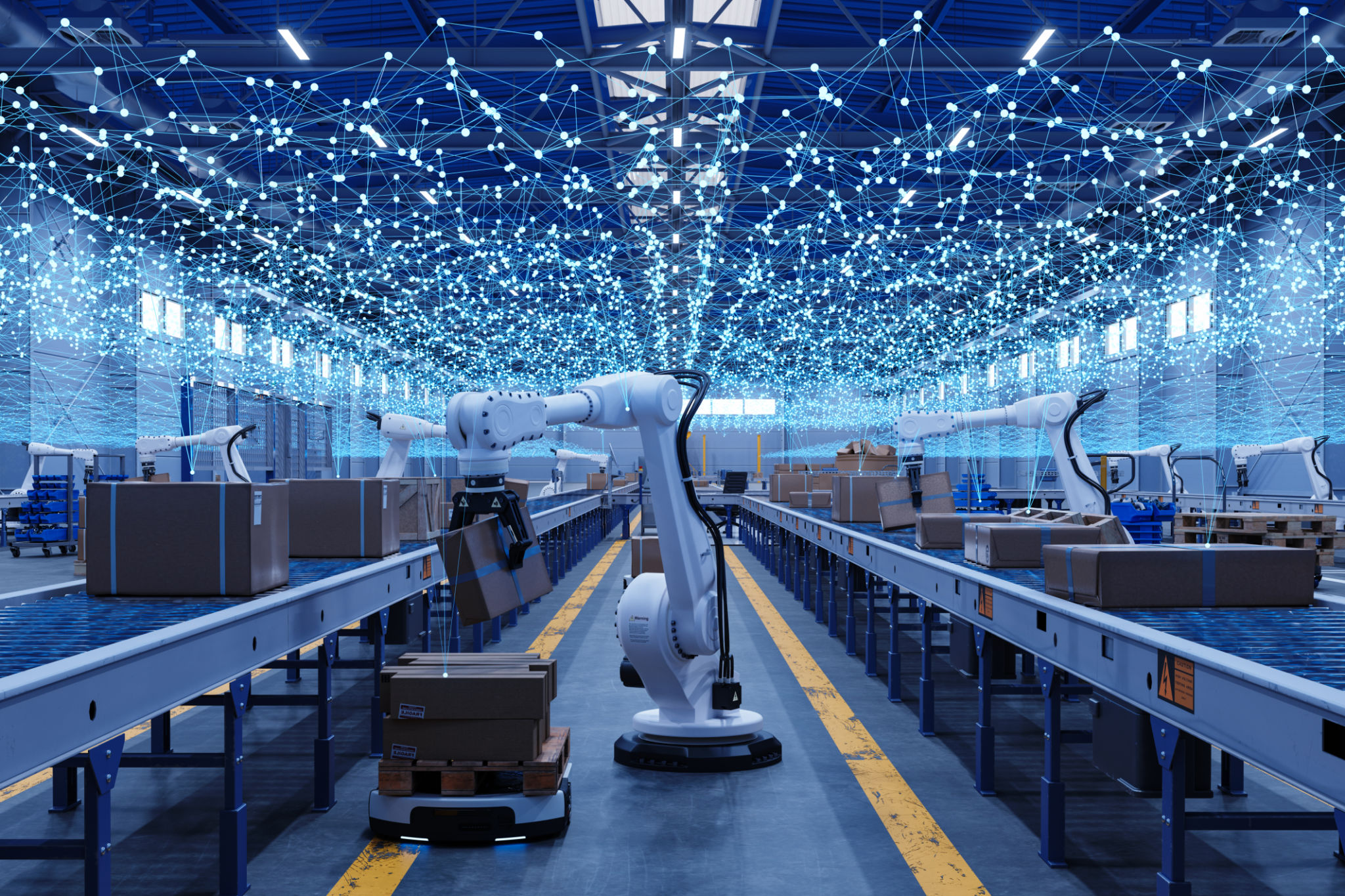Digital Transformation in the Machinery Sector: Key Trends to Watch
JM
In an era where technology is rapidly evolving, the machinery sector is not immune to the sweeping waves of digital transformation. As industries strive to remain competitive, the integration of digital technologies has become a critical factor for success. From enhanced operational efficiency to improved customer experiences, the machinery sector is witnessing a profound shift in how it operates and delivers value.
One of the most significant trends in digital transformation within the machinery sector is the adoption of Industrial Internet of Things (IIoT). By connecting machinery and equipment to the internet, businesses can collect and analyze data in real-time. This connectivity allows for predictive maintenance, reducing downtime and increasing the lifespan of machinery. Companies can leverage data to optimize processes, enhance productivity, and reduce costs.

Automation and Robotics
Automation and robotics are at the forefront of the digital transformation in the machinery sector. The integration of advanced robotics is streamlining manufacturing processes, allowing for more precision and efficiency. With automation, machines can now perform repetitive tasks with minimal human intervention, reducing the risk of errors and accidents. This shift not only enhances productivity but also frees up human resources to focus on more complex and creative tasks.
Furthermore, the use of robotics in the machinery sector is expanding beyond manufacturing. Robots are now being deployed for quality control, packaging, and even in logistics operations. The versatility of robotics technology is enabling businesses to explore new areas of growth and innovation.
Artificial Intelligence and Machine Learning
The integration of Artificial Intelligence (AI) and Machine Learning (ML) in the machinery sector is transforming the way businesses operate. AI-driven analytics provide insights that were previously unattainable, helping businesses make informed decisions. Machine learning algorithms can identify patterns and anomalies in data, enabling predictive maintenance and reducing unexpected failures.

AI-powered systems are also enhancing customer experiences by providing personalized solutions and faster response times. In the design phase, AI can simulate and optimize complex machinery components, leading to innovations that are both efficient and cost-effective.
Digital Twin Technology
Digital twin technology is emerging as a game-changer in the machinery sector. By creating a virtual replica of physical assets, businesses can simulate, predict, and optimize performance in real-time. This technology allows for better decision-making, as businesses can test scenarios and foresee potential issues before they occur.
The use of digital twins facilitates improved collaboration between departments and stakeholders, as everyone can access a single source of truth. It enhances the design and development process, leading to faster time-to-market for new products.

Blockchain for Supply Chain Transparency
Blockchain technology is gaining traction in the machinery sector for its ability to provide transparency and security in the supply chain. By recording every transaction in an immutable ledger, businesses can ensure traceability and authenticity of machinery parts and components. This transparency helps in building trust with customers and partners, while also streamlining procurement processes.
Moreover, the adoption of blockchain can help reduce counterfeit products in the market, ensuring that only genuine parts are used in machinery, ultimately leading to improved quality and safety standards.
Challenges and Opportunities
While digital transformation offers numerous benefits, it also presents challenges. Businesses must invest in the right technology and infrastructure to support these advancements. Additionally, there is a need for skilled professionals who can manage and operate these sophisticated systems.
Despite these challenges, the opportunities presented by digital transformation in the machinery sector are vast. Companies that embrace these technologies will be better positioned to innovate, compete, and succeed in the digital age.
